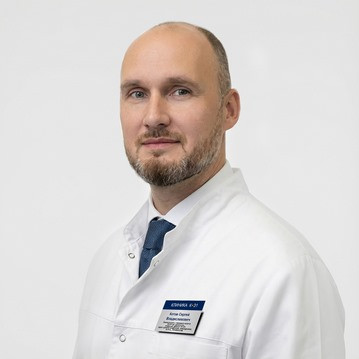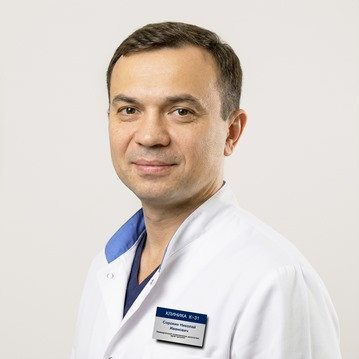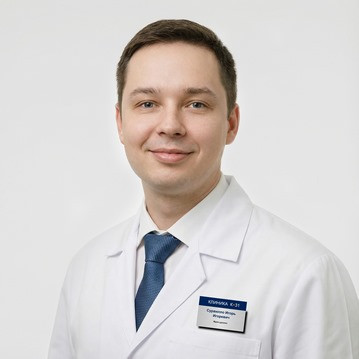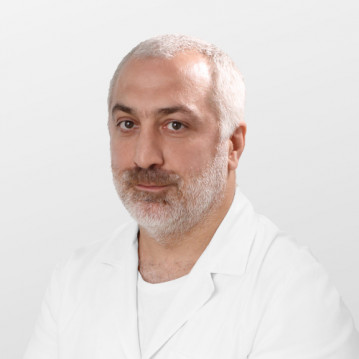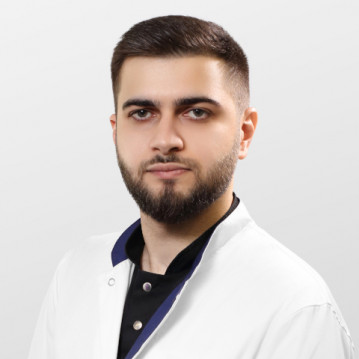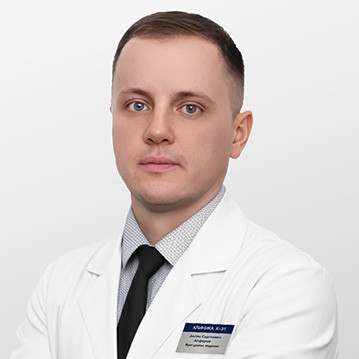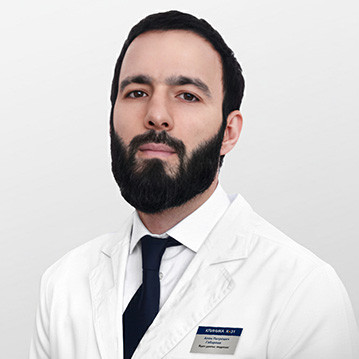Prostatitis, or inflammation of the prostate, is considered one of the most unpleasant pathologies that worsens the quality of life, causes problems in the sexual and reproductive spheres. Every fourth or fifth man is faced with symptoms of prostatitis before the age of 40, and in 40-50-year-old patients, the prevalence of the disease reaches 50%.
The disease can be successfully treated if you turn to a urologist in time. The doctors of the clinic "K + 31" in Moscow have extensive experience in the treatment of various forms of prostatitis, return men to a full life without painful symptoms and restrictions.
Causes of prostatitis
The development of acute and chronic inflammation is associated with the penetration of infection into the prostate gland. The most common pathogens are enterobacteria, E. coli, Klebsiella, Pseudomonas aeruginosa. Prostatitis often occurs as a complication of sexually transmitted infections: chlamydia, gonorrhea, trichomoniasis.
Signs of prostatitis usually appear when there are additional risk factors:
- regular hypothermia when working outdoors, skiing;
- long stay in a sitting position (drivers, office workers);
- irregular sex life;
- chronic constipation;
- stagnation of blood in the pelvic area;
- frequent stress;
- decreased immunity.
Men with urological diseases are at high risk: damage to the bladder, urethra, kidneys, as well as chronic pathologies of the reproductive organs (testicles and their appendages). In patients who, for medical reasons, are forced to use urinary catheters for a long time, the risk of staphylococcal infection of the prostate gland increases.
Varieties of the disease
Although the answer to the question "what is prostatitis" is very simple - it is inflammation of the prostate tissue, the disease is considered one of the most difficult in the practice of a urologist. For a better understanding of the variety of manifestations of the disease, it is worth looking at the classification proposed by the US National Institutes of Health. Experts identify 4 categories of prostatitis:
- Acute bacterial.
- Chronic bacterial.
- Chronic (pelvic pain syndrome), which is divided into inflammatory and non-inflammatory variant.
- Asymptomatic inflammatory.
Infectious prostatitis is further divided into subspecies according to the method of infection penetration. In the canalicular form, bacteria enter the prostate gland in an ascending manner through the urethra. In the hematogenous form, infection occurs with blood flow from distant foci of infection; in the lymphogenous form, pathogens enter the prostate through the lymph.
What are the signs of prostatitis in men
The clinical picture depends on the type of disease. Acute prostatitis occurs suddenly, usually against the background of complete health. Patients experience sharp pains in the lumbosacral region, in the perineum and at the base of the penis. Urination becomes painful and rapid, urine flows out in a thin stream. Common signs of inflammation are fever, chills, malaise, and body aches.
With chronic inflammation of the prostate in men, the symptoms are less intense, the disease can proceed for a long time without obvious clinical signs. Patients are concerned about moderate pain in the lower abdomen, discomfort when emptying the bladder. Difficulty urinating, scanty mucous discharge from the urethra is characteristic. There may be periodic problems with erection, a decrease in sexual desire, a decrease in the brightness of sensations during ejaculation.
The prostate gland produces a secret that liquefies the semen and increases sperm motility. With advanced chronic prostatitis, this function is impaired, so there is a risk of infertility.
